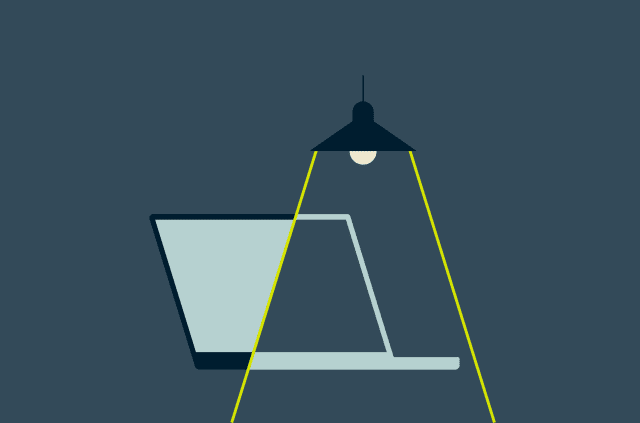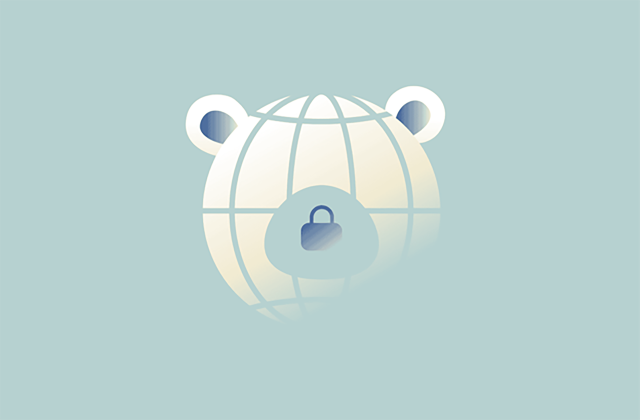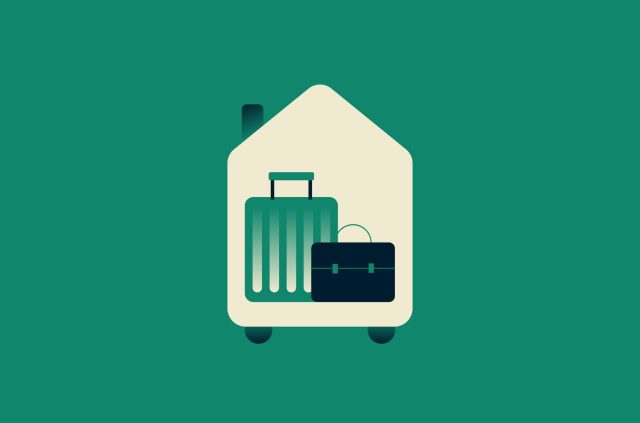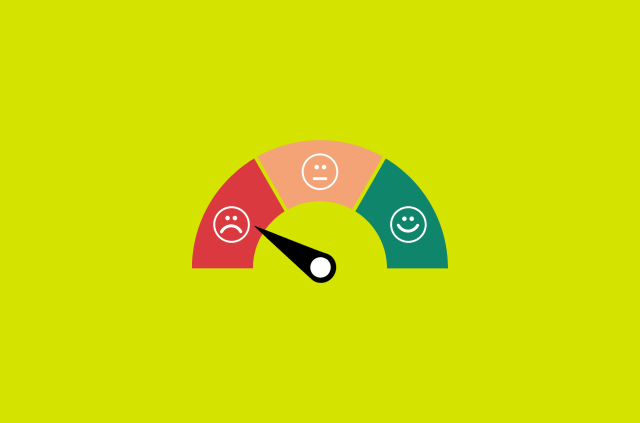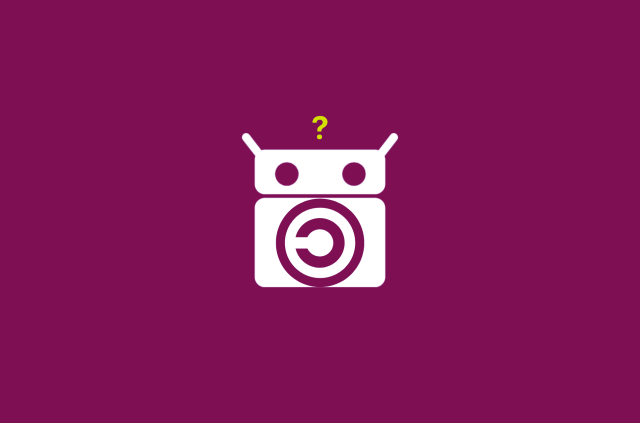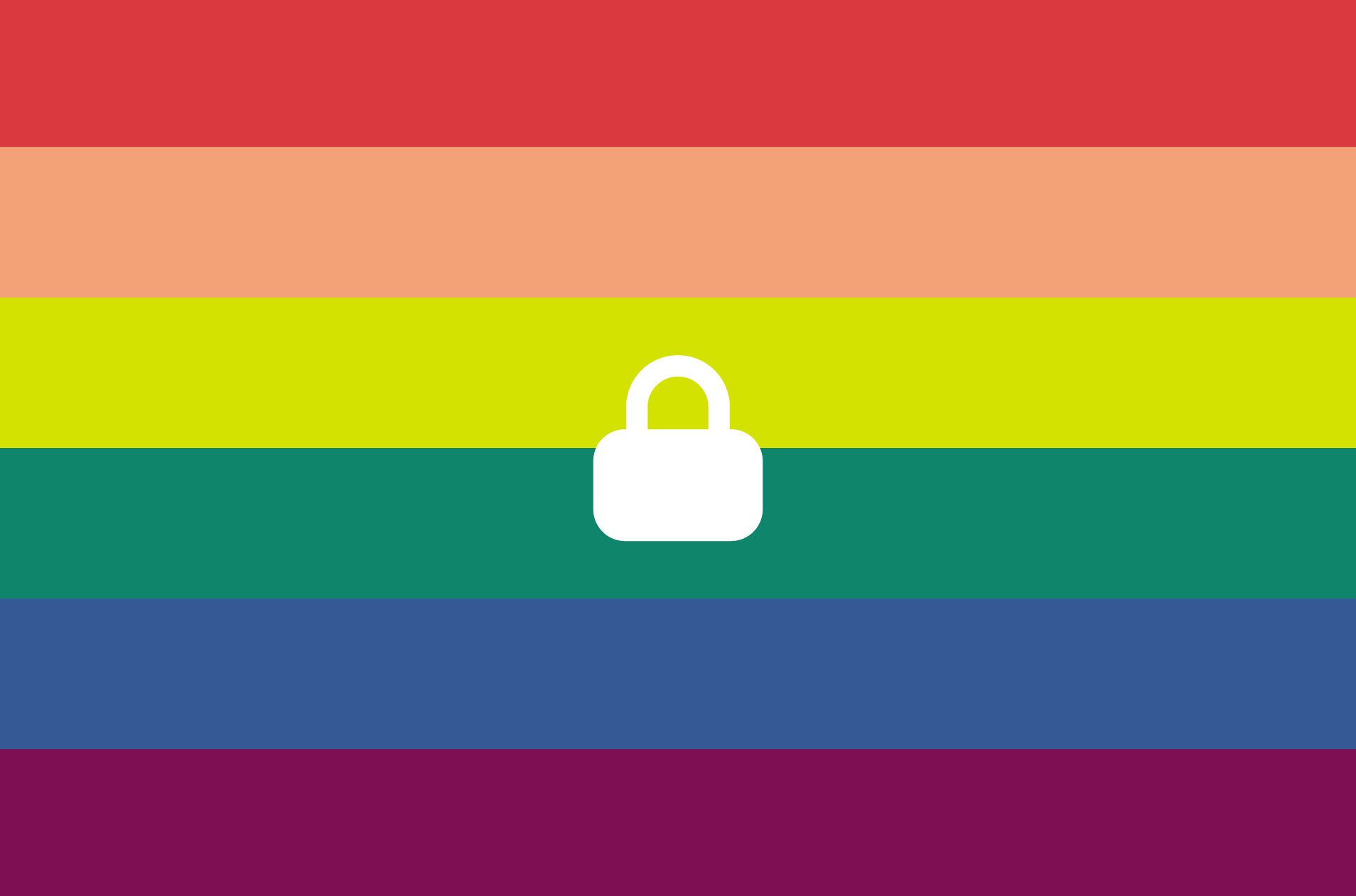
The reality of this world is that those who are LGBTQ+ often have more at stake in protecting their privacy and safety than those who aren’t.
This is the unpleasant part of pride, for the community and its allies. It's the reason we march. We fight against surveillance, limitations on our gatherings, and curbs on our self-expression. And we want those things in our lives online as well as in real life.
Unfortunately, social media and dating apps frequently leave LGBTQ+ communities feeling vulnerable rather than protected. The 2025 Social Media Safety Index (SMSI) reveals that major social media platforms often fail to moderate anti-LGBTQ+ content while over-moderating valid LGBTQ+ content, such as removing genuine accounts, enforcing shadowbanning, and demonetizing.
Additionally, Meta relaxed its policies on hateful conduct regarding transgender rights and homosexuality when discussing political or religious issues, a move that could fuel online hate against these minorities.
Here are some ways that you can make sure you are able to freely express yourself while protecting your privacy—and sharing your life on your terms online.
[Interested in privacy? Sign up for the ExpressVPN Blog Newsletter.]
Not out? How to control your privacy
Coming out is obviously a very personal choice. If you’re not out, it is probably important to you that your privacy is maintained so you’re not “outed” through online conversations or posts that you thought were private.
The first tip to staying anonymous and private when discussing topics that are sensitive to you is to use custom privacy settings when on mainstream social media, or avoid such services altogether.
The fact is, you have limited control over your data on these platforms. For example, Meta provides inadequate user controls and privacy policies that aren’t clear about how data is collected, inferred, and used in relation to sexual orientation and gender identity.
Facebook used to also require the use of one’s “real” name in profiles and could suspend your account if it discovered your profile name didn’t match your legal name. This was a problem especially for trans people who referred to themselves with a name different from the one on their driver’s license. The policy was changed in 2015, allowing people who are asked to verify their name to say they are in a special circumstance, including LGBTQ.
To connect with others online, you might want to opt for a pseudonymous site like Reddit, Discord, or even Twitch—just be careful about anything you say that could identify you, like your town or job.
Be sure to also read the privacy policies of social media apps before downloading them. Platforms like Instagram, TikTok, and Twitter all want access to your location, photo album, and other information for the full experience, but you can tailor these app permissions to suit your needs and comfort levels. Android and iOS users can limit or disable an app’s access to their locations, photos, and videos.
The National Cybersecurity Alliance recommends searching for your name on popular search engines and AI platforms to see what others can find about you online. If you’re particularly concerned, you can also set up Google Alerts that monitor the web for content in relation to keywords you’ve set.
If you do find something about yourself posted online and want to take it down, immediately contact the website’s administrators with your request. Another useful tool is Google’s Results about you, which helps you identify any personal information that appears in Google search results and request for its removal.
If you’re chatting with someone about sensitive, private information and want to ensure no one can see your messages, use a chat app that’s end-to-end encrypted, or use a VPN so even your ISP can’t see your traffic. A VPN also encrypts your online activity when you’re on unsecured Wi-Fi at places like cafes.
Another perk of using a VPN? You’ll have access to LGBTQ+ content that’s been censored, which occurs frequently. A Markup investigation discovered that students couldn’t access resources for LGBTQ+ teens and content on sex education and suicide prevention when researching for school assignments. Web-filtering software, used by hundreds of school districts, had incorrectly identified these resources as harmful content and blocked them.
What about dating apps?
Dating apps are an important service, especially for LGBTQ+ individuals who aren’t out—but they are a significant safety and online security risk.
Dating apps are some of the least private services out there: They often ask you to sign in with a social media account, track your location to match you by proximity, and expect you to chat extensively in the app to get to know other users.
A Mozilla review found that 80% of 25 dating apps may share or sell user data for advertising. Plus, 64% create inferences from users’ data, including sexual orientation, to serve highly targeted ads.
Meanwhile, research shows that LGBTQ+ people are almost twice as likely to use a dating site or app (51%) compared to straight people (28%), making them disproportionately vulnerable to these privacy risks.
Read more: Are dating apps safe? Protect your privacy and stay secure
Grindr has so much information on its users that the U.S. raised national security concerns over its Chinese ownership. This led to the sale of the company in 2020 to American investors. But at the same time, gay dating apps have had a poor track record of protecting their users’ privacy.
As recently as 2024, research found that six location-based dating apps allow for pinpointing a person’s exact location, heightening the risk of physical threats or unwanted contact. While several companies have rectified this issue following the study, Grindr maintained that the estimated location feature is necessary.
The company is also under scrutiny after hundreds of UK users alleged it shared HIV-related data with third-party advertisers without their consent, the latest in a string of privacy-related cases.
And if you’re in a country where homosexuality is criminalized, simply having an LGBTQ+ dating app on your phone could put you at risk of arrest. Moreover, fake accounts are reported to be used to entrap individuals. Under these circumstances, requiring LGBTQ+ users’ locations, names, phone numbers, or social accounts can put them at serious risk.
In Qatar, police used a fake Grindr profile to entrap a British-Mexican citizen, leading to a suspended jail sentence and fine. Elsewhere, police officers in Uganda and Azerbaijan used catfishing tactics for personal gain by extorting money from victims.
Read more: Online dating scams: 11 warning signs and how to outsmart them
To stay safe on dating apps, start by using the platform’s privacy controls. Many apps allow you to set your profile to private, disable precise location, limit who can see you, or turn off read receipts. Also, avoid linking your social media accounts and skip third-party logins, as they increase the risk of cross-platform data sharing.
Be mindful that images come with metadata that reveal dates and locations, which you should remove before uploading. For added security, only engage with verified profiles to avoid catfishing and make it more difficult for fake accounts to slip through.
Respecting others’ privacy
Use discretion when it comes to others’ private information. Take a pause before you post photos or comments about someone else—they might not want their location or identity revealed on the internet. If you experience harassment or abuse, or see it happening to others, block the offenders and report it.

